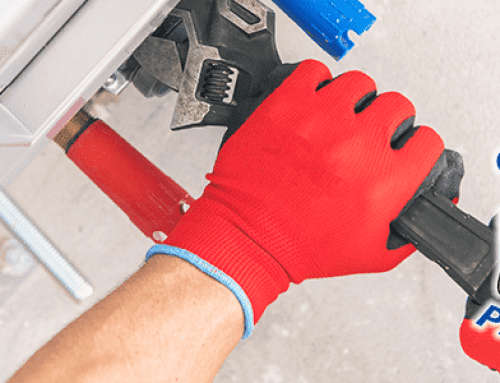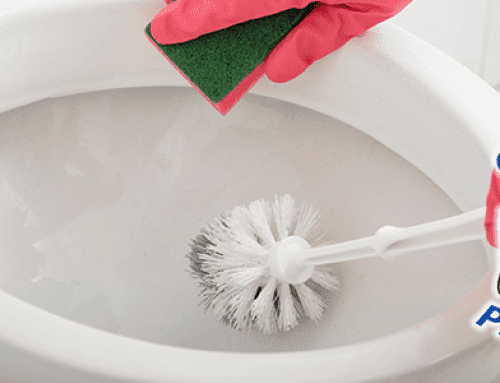One of the biggest electricity spenders in our homes is water heaters. Because of how they draw electricity, they can only reach about 96% in maximum efficiency. With more and more people looking for ways to save money and conserve energy, heat pump water heaters are getting more attention than ever before. So how do they work? And what are the benefits or drawbacks to installing one?
How They Work
Heat Pumps work using compressors, heat exchangers, and refrigerant as well as drawing from outside heat to heat the water in the tank. Heat pumps have been around since at least the 1940s and have been in use primarily in places where the winter temperatures do not dip so low to make them less efficient for that part of the year. With new advances in technology, this is less and less of concern, so their use in colder climates has become more widespread.
Pros
One of the biggest benefits of a heat pump is that, because it not solely relying on electricity to heat the water in the tank, it can be as much as 2 and a half times more efficient than a standard electric water heater. This means additional energy savings for your family every year. It also cools the air around it, and since water heaters tend to be installed in the garage, your summertime work in the garage will be much more comfortable. Another added benefit is, due to reduced carbon emissions, you could qualify for additional energy efficiency tax credits after installation. After tax credits and annual energy savings, these units will pay for themselves in a short period of time, generally 2-3 years or so.
Cons
Since nothing is without its drawbacks, let’s look at the downside of heat pump water heaters. To start with, the up-front cost can be quite intimidating. They are typically about twice the cost of electric water heaters. They also tend to be a bit larger in size than their electric counterparts, so if you are working with a limited space, this may not be an option for you. Something else to consider is that a heat pump requires extra space for air flow and condensate line. In addition, hot water may be slow to recover in times of high demand.
Final Thoughts
As with all technology, heat pump water heaters will improve with time and demand. The efficiency and energy consumption are undeniable. But the initial cost and space requirements may eliminate them as an option for some installations. If you are already in the market for a new water heater, it would not hurt to look at a heat pump water heater. If saving money long term and reducing carbon emissions are important to you, consider the pros and cons of a heat pump water heater for your home.




